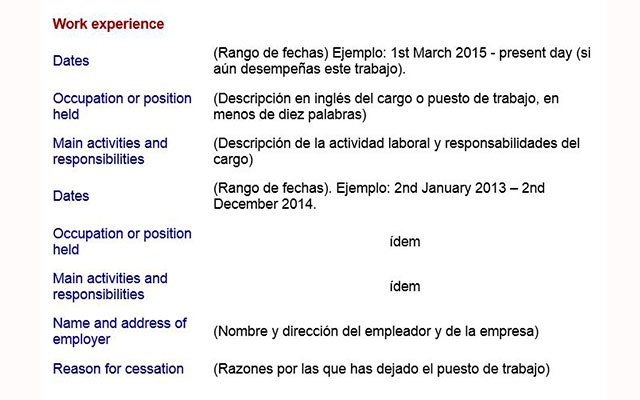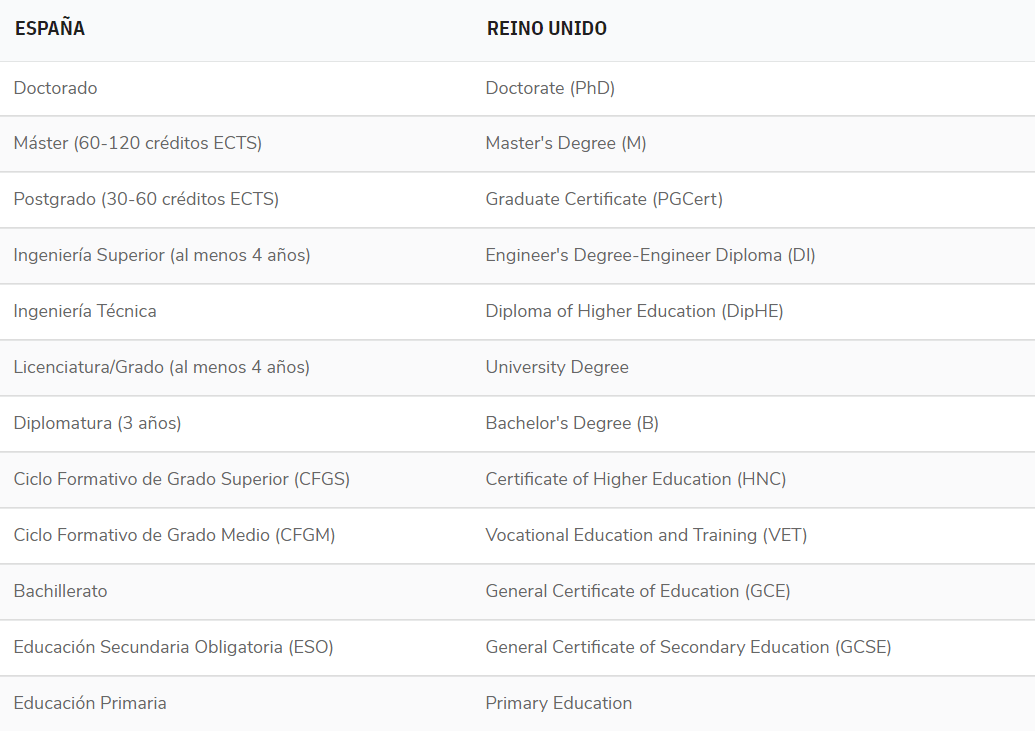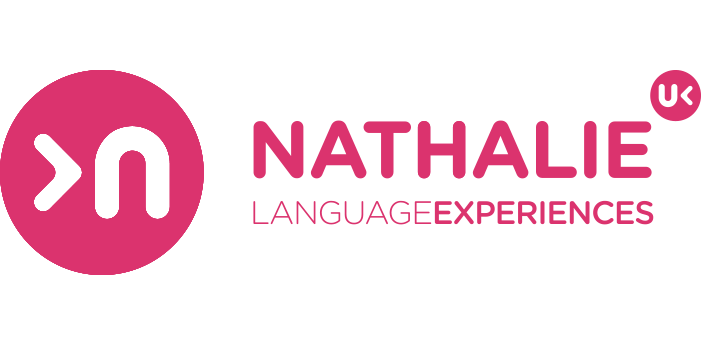How to Write a CV in English
I am sure that you already know that it is important to know English in order to find a job. If you have already come to this conclusion, now is the time to write a CV in English. If you want to widen your professional prospects, continue reading this post.
Preparing your CV in English doesn´t mean simply translating a version that you already have in Spanish. There are certain peculiarities that you should bear in mind when creating this document to ensure that is correct and professional.
There are some countries that leave out information that others consider to be essential. This is something that you should be extremely carefully with when writing a CV.
In Germany it is obligatory to indicate your marital status. In France it is recommended that you don´t include photos of yourself in case you are discriminated against. In the Netherlands, they put a lot of importance on one´s hobbies or whether you spend you free time dedicated to civic activities.
What we are going to explain in this post is how to write a CV in English that will be valid in countries that speak English, such as Ireland, Britain or Australia.
General Advice for Making your English CV
As you are going to find out, there are lots of aspects that are the same in both Spanish and English CVs, therefore the process of writing a CV in English is much simpler than you think.
As a starting point, it is fundamental that you write a CV in English using technical and conventional words in order to present all the information in a logical and coherent way.
Additionally:
- It should be no longer than 2 pages in length
- It should reflect clearly that you cover all the requirements of the job position
- It must contain titles and subtitles to organise your information in a coherent fashion
- It should not contain extensive paragraphs, only one or two phrases per point
- Don´t over use the first person singular
- Always use good orthography and correct punctuation
- You have to emphasise your strong points, but without exaggerating
- Use a common font which is legible, with a fontsize of 10 or 12. Therefore, it will make it easier to read your CV
Structure of an English CV
Your CV should contain FOUR essential sections:
-
Personal Information
Under this heading you should give all your personal and professional information, including your contact details.
- Include your name, surname(s), email, and mobile number
- You may add your professional Twitter, Facebook, Skype and Linkedin. Take care when sharing your social media profiles with possible employers if you haven´t checked to make sure that they are exclusively professional
- Avoid providing information that might be a possible source for discrimination, such as your date of birth, a photo, marital status, or nationality
- Include a description of your desired position/ current job, in which you indicate what you have studied and the role that you want to apply for. For example, you can say that you have studied Advertising at the Cardenal Herrera University and that you are applying for the position of Creative Director
-
Work Experience
In this important section, you should include jobs that you have had, including your current job.
- Give the names of the companies, your roles, and what you gained from the jobs
- Present your work experience in an inverse chronological order, from the most recent to the oldest
- Don´t abuse your use of the first person “i”
- If you don´t have much work experience, it´s better to put this section after the “Education and Training” section.

-
Education and Training
In this part of your English CV you should include details of your education or training.
If you have excellent results that deserve to be highlighted, or if you have little professional experience, this section can come before the work experience section above.
- You must include the name in English of studies that you have completed
- Don´t put your level of training in the most basic form
- Express if you have received a scholarship for work or study
Look carefully at the explanations below that show the equivalent level of qualifications in English:

-
Personal Skills or Qualities
In this section you should express your skills as well as your individual qualities. Read carefully this advices to write a CV in English.
- You should name skills that you have acquired throughout your professional life
- Indicate your native language (this may be relevant for the job)
- Specify the level of the languages that you speak, thus showing your credibility. And of course, you must be able to justify them
- You can add your knowledge of technology. Having skills in IT is a bonus for any job position
-
Additional information
This is an optional section, but you may include any type of other knowledge that you haven´t indicated elsewhere on the CV.
It should be information that will give a more complete view of who you are as a person.
Information that you could add to your English CV:
- If you have attended or given any conferences
- If you have published articles or written a book
- If you are part of a trade union
- If you have received an academic or professional award
- If you have obtained a research grant or a grant for study abroad for example
- If you have a driver´s license
- If you have done any voluntary work
- If you have good professional references, make sure to include contact details so that these can be verified
- If you have a portfolio of your work, add this
To make it easier for you to complete your CV, we will leave this video here for you so that you can see how to make a CV in English.
Remember everything that you include when you write a CV en english. We will also leave you a link to the official European template for CVs if you would like to follow a standardised model.
If you need to improve your conversational level of English, or you simply need to gain more confidence to attend a job interview, get in contact with Nathalie Languages.
You can choose to sign up to our English courses or opt for the advantages of a linguistic immersion programme.
We assure you that you will be taking part in high quality training that will open many more doors in the world of work for you.




Leave a Reply
Want to join the discussion?Feel free to contribute!